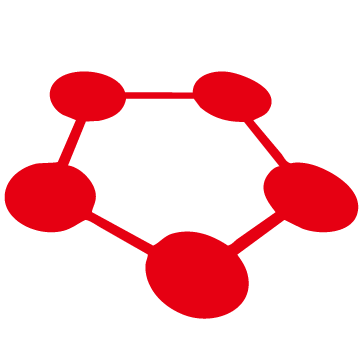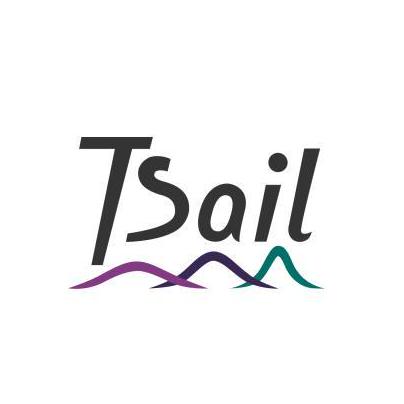Discover and explore top open-source AI tools and projects—updated daily.
rl by  pytorch
pytorch
PyTorch library for reinforcement learning research
Top 14.4% on SourcePulse
TorchRL is a modular, Python-first library for PyTorch designed to simplify and accelerate Reinforcement Learning research and applications. It offers a flexible, extensible architecture with minimal dependencies, targeting researchers and engineers who need a robust and efficient RL framework.
How It Works
TorchRL is built around the TensorDict data structure, which streamlines RL codebases by providing a unified way to handle observations, actions, rewards, and other metadata. This primitive-first approach allows for easy swapping and customization of components like environments, collectors, replay buffers, and loss functions, promoting code reusability across diverse RL settings (online/offline, state/pixel-based).
Quick Start & Requirements
- Install via pip:
pip3 install torchrl - Requires PyTorch (version >= 2.1 recommended, >= 2.7.0 for some replay buffer features).
- Optional dependencies for environments (Gym, Atari, DeepMind Control), logging (TensorBoard, WandB), and more can be installed via
pip install "torchrl[atari,dm_control,gym_continuous,rendering,tests,utils,marl,open_spiel,checkpointing]". - Official documentation: TorchRL Documentation
- Getting Started tutorials: Examples, tutorials and demos
Highlighted Details
- TensorDict: A core data structure enabling simplified, reusable RL code, compatible with
functorchandtorch.compile. - Modular Components: Provides reusable functionals for cost functions, returns, and data processing, along with flexible collectors, replay buffers, and loss modules.
- Environment Abstraction: Offers a common interface for various environments (Gym, DeepMind Control) with support for parallel execution and state-less environments.
- Performance: Features vectorized, on-device transforms and efficient data collectors, with benchmarks showing significant speed-ups over eager mode.
Maintenance & Community
- Developed by Meta AI.
- Active development with regular releases.
- Community support via PyTorch forums for general RL questions.
- Contribution guide available for developers.
Licensing & Compatibility
- MIT License.
- Compatible with commercial use and closed-source linking.
Limitations & Caveats
- The library is released as a PyTorch beta feature, with potential for breaking changes.
- C++ binaries for features like prioritized replay buffers require PyTorch 2.7.0+.
- Local installation via
pip install -e .is not currently supported.
18 hours ago
1 day

 facebookresearch
facebookresearch alibaba
alibaba fabiopardo
fabiopardo VinF
VinF Simple-Efficient
Simple-Efficient Shmuma
Shmuma dalmia
dalmia chainer
chainer tensorforce
tensorforce ShangtongZhang
ShangtongZhang thu-ml
thu-ml